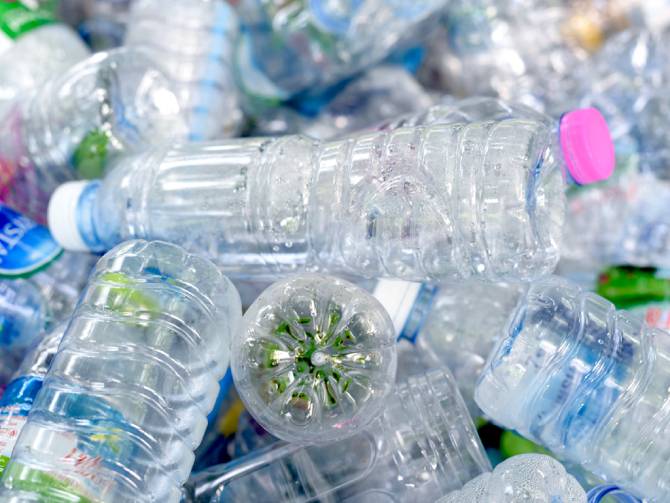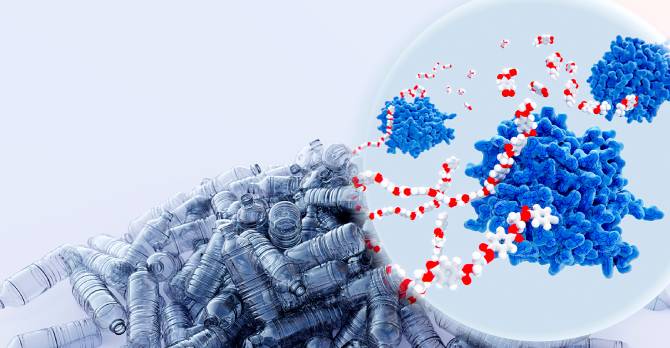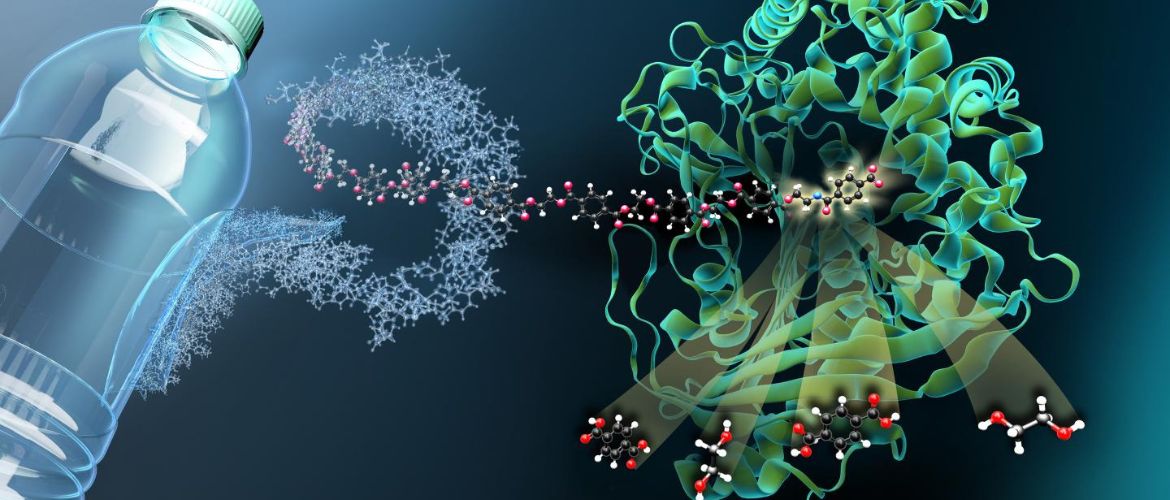More and more people are trying to live without plastic, but it is very difficult to completely eliminate it from everyday life. Plastic bottles are convenient, but dangerous to the environment, as they can take hundreds of years to decompose. But researchers at the University of Texas at Austin have found an enzyme that reduces the time it takes for plastic to break down from millennia to hours, and also allows it to be collected for recycling. This discovery could solve one of the biggest environmental problems in the world – what to do with the huge amount of ever-accumulating plastic.

In a study published in the journal Nature, biologists described the discovery of an ultra-fast enzyme that breaks down plastic. The enzymatic version works so well that it can break down plastic within hours or days. Research is focused on polyethylene terephthalate (PET), a polymer used in most packaging and polyester clothing. It makes up 12% of the world’s waste.

The scientists named the discovery of the enzyme FAST-PETase (functional, active, stable and tolerant PETase). PET is made up of long, filamentous molecules that the FAST-PETase enzyme reduces into smaller pieces. These chemicals can then be reassembled.
It is developed on the basis of the previous natural enzyme PETase, which decomposes PET plastic. PETase was discovered at a Japanese waste treatment facility in 2016. Scientists used machine learning to detect 5 PETase mutations and create a fast-acting protein that can break down the building blocks of polyethylene terephthalate (PET). The model they used showed which mutations would quickly break down consumer plastics at low temperatures. Using this knowledge, the team created the FAST-PETase enzyme.

In tests, things made of polyethylene terephthalate polymer decomposed in a week, and in some cases in 24 hours. These are products that decompose in natural conditions over the course of centuries.
This gives hope for solving the problem of global pollution through large-scale recycling. The enzyme will enable large businesses to reduce their environmental impact by recovering and reusing plastic at the molecular level.







Only registered users can leave comments